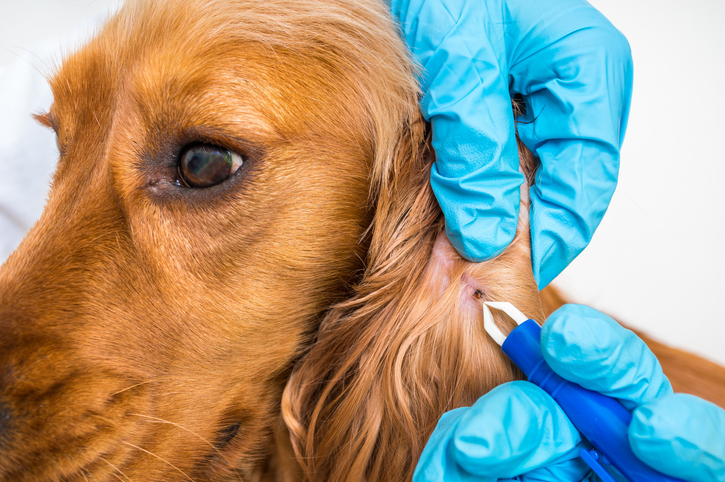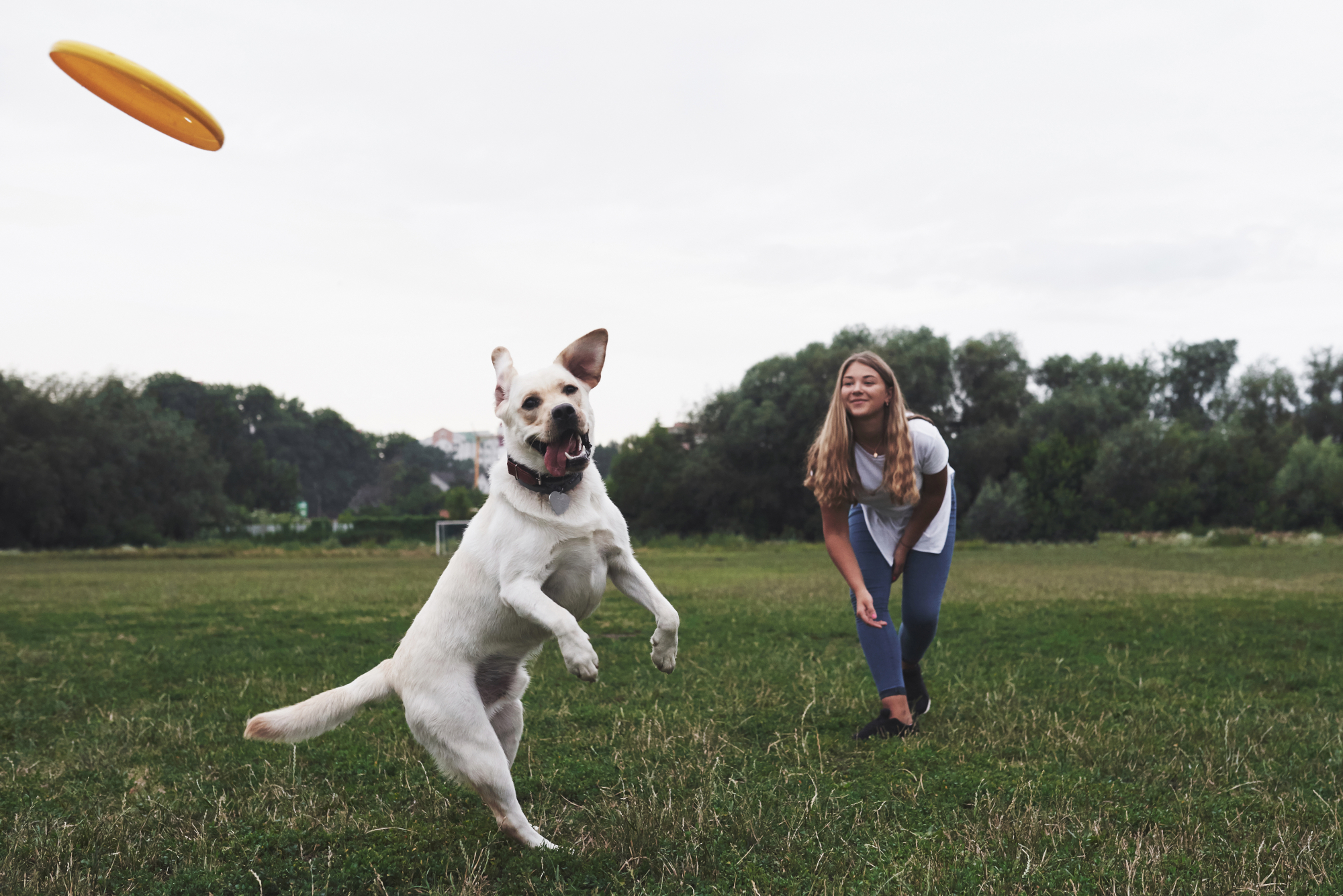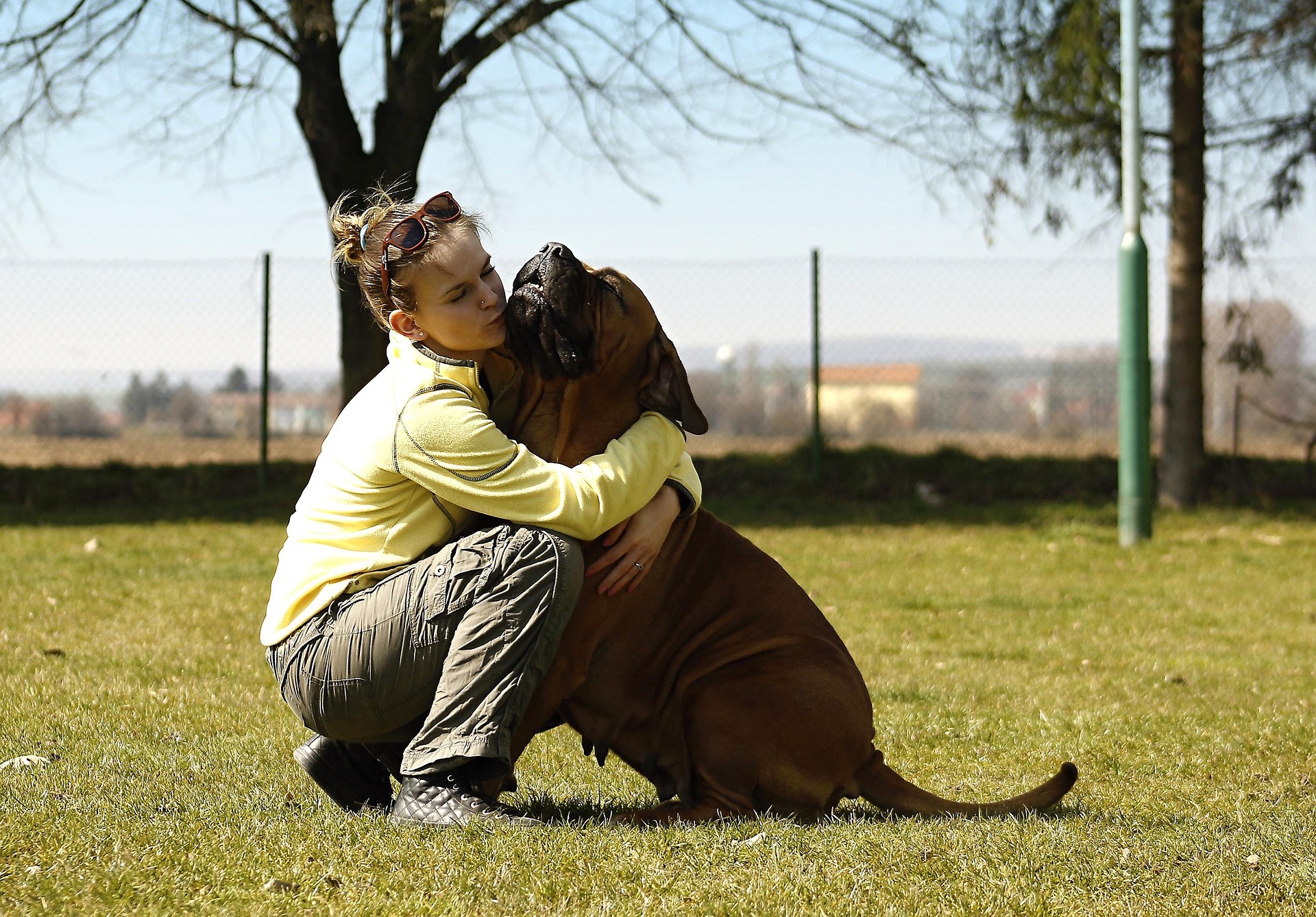Pets, while being individuals in their own right, need the care and compassion of their owners to be as safe and healthy as possible. And while you can count on years of fun, easy times with your beloved companion, you’ll also need to take year-round responsibility.
Whether you’re experienced with animals or a total newcomer to having a pet, there’s always something to learn about care and connection with our animal companions. While specifics for pet care will always depend on the type of animal, their specific physical condition, and their unique personality, there are a few fundamentals of good pet care that always apply. With this in mind, here are some tips on practicing good pet care year-round, as well as a breakdown of how each tip relates to cats, dogs, and rabbits.
Exercise, exercise, exercise
With cats, dogs, and rabbits alike, the importance of appropriate exercise can’t be overstated. Frequent exercise will keep your pet safe from serious illnesses, excess weight gain, joint problems, and much more.
Dogs
Ensuring your dog gets enough exercise is completely up to you. Since it’s usually unsafe to allow a dog to roam unsupervised, you’ll be responsible for taking them on daily walks, as well as frequently playing active games (fetch, tug-of-war, etc.) with your pup.
Cats
It can be more difficult to get an indoor cat to exercise, but there are still ways to help. Get plenty of toys for your cat, play with them often, and encourage them to move around the home with climbable objects or hidden routes.
Rabbits
Exercise is just as essential for rabbits as it is for cats or dogs. Playing with them, giving them projects (such as shredding a phonebook or cardboard box), and ensuring they have a stimulating space to move around will help keep them healthy.
Choose your pet’s diet carefully
In tandem with plenty of exercise, a healthy diet is an essential part of keeping your pet healthy. If you’re ever in doubt, ask your veterinarian for food brand recommendations.
Dogs
Most pet food is not subject to strict regulation, meaning that it’s up to pet owners to make an informed decision. Because dogs are not strict carnivores (though they do require a diet of mostly meat), the best dog foods should have a healthy mix of meat, vegetables, grains, and fruit. Always defer to your veterinarian’s advice regarding diet.
Cats
Cats tend to be pickier eaters than other animals, so balancing a healthy diet with a cat’s preferences can be difficult at times. However, it’s important to persevere, ensuring your cat is eating enough healthy food, whether wet, dry, or both. A healthy cat diet has protein, amino acids, fat, carbohydrates, and ample vitamins and minerals.
Rabbits
Unlike their carnivorous counterparts, rabbits need a simple diet made up of hay, vegetables, and food pellets. Always choose quality hays that are suitable for rabbits, as well as plain pellets with high fibre and low protein. Your vet can provide more insight into a healthy rabbit diet.
Be aware of local hazards
It’s important to be aware of potential hazards for pets, whether in the home or out in the world.
Dogs
Dogs usually like to sniff, chew, and eat the things they find on walks. It’s important to prevent your dog from eating things like wild mushrooms or unidentified plants, as well as ensure they don’t drink from any dirty water sources like puddles.
Cats
It’s best for cats to remain indoors in order to protect them and your local environment. But even for indoor cats, certain hazards exist in the home. Be aware of open flames, harmful houseplants, and enticing but dangerous decorations in the home to keep your cat safe.
Rabbits
It’s best for pet rabbits to live inside the home, enclosed in their own personal area. Ensure their enclosure is free from hazards like electrical cords, houseplants, or anything that might shatter or break.
Make grooming a habit
Almost all pets require some level of grooming to be as healthy as possible. Grooming is also the most common time to notice any potential health concerns, ensuring they’re addressed as soon as possible.
Dogs
Dogs should be bathed and washed regularly to keep their coat shiny and skin healthy, as well as brushed often to remove dead hair. You also need to trim your dog’s nails semi-frequently, ensuring they don’t snag and become broken. Finally, we recommend you try to brush your dog’s teeth as often as you can.
Cats
Though cats require less grooming than dogs, they still need to be cared for. Though baths are (usually) not necessary, you should regularly trim your cat’s nails, brush their coat, and do a general exam of their eyes and mouth to ensure they’re healthy.
Rabbits
Rabbits should be brushed at least twice a week—more if possible. Additionally, you’ll want to check their feet often, gently removing any matting on the paw pad and trimming their nails. As with other pets, it’s important to examine them often, checking for any signs of health issues in the eyes, nose, mouth, ears, or elsewhere.
Spend quality time with your pet
Your pet should be your companion! This means spending quality time with them as often as you can, ensuring you build and maintain a strong bond with your furry friend. This will help you and your pet stay connected, while also ensuring they feel happy and at peace in their home.
Dogs
Dogs usually love their owners relentlessly, meaning you just have to make time to spend with your pup. Play with them often, cuddle on the couch, and head out on frequent walks.
Cats
Though cats might demand your attention less than dogs, it’s still vital to go out of your way to spend time with them. Play with your cat often, talk to them a little, and let them cuddle up with you if they’re so inclined.
Rabbits
When your rabbit is in a social mood, it’s a great idea to take some time to hang out with them. Play with your rabbit, gently pet them, or let them out of their enclosure on a (supervised) excursion around the house.
Keep in contact with a great veterinarian
This point doesn’t need to be broken down by animal, as it’s equally important for all types of pets. Cars need mechanics. Humans need doctors. And animals need vets!
Your veterinarian will keep track of your animal’s health, becoming your go-to resource for health and safety information, medical diagnoses, and treatments and medication. So before you get a pet, seek out a qualified, well-regarded veterinarian first. That way, you’re ensuring that you’re bringing your furry friend in for regular exams and encouraging a happy, healthy lifestyle.
Creative Commons Attribution: Permission is granted to repost this article in its entirety with credit to Hastings Veterinary Hospital and a clickable link back to this page.






